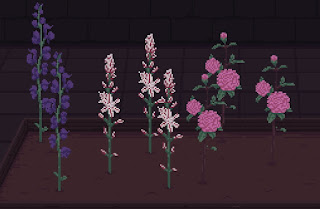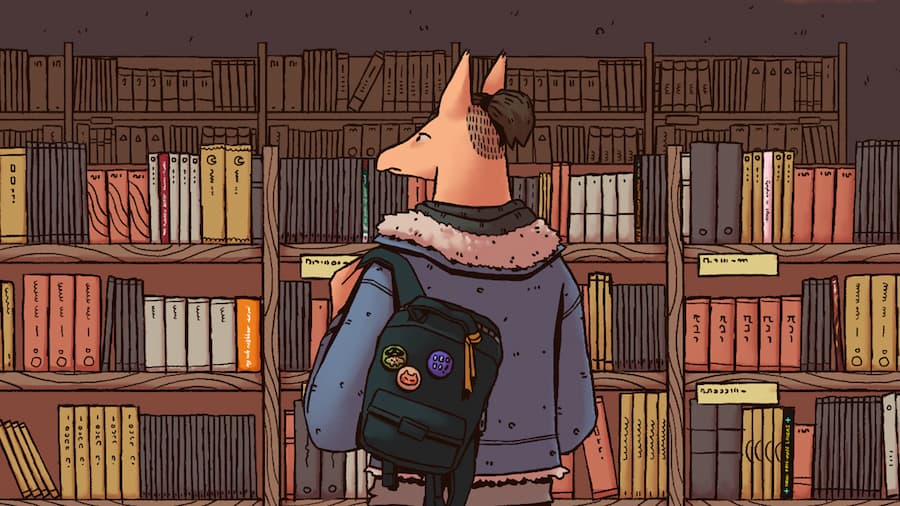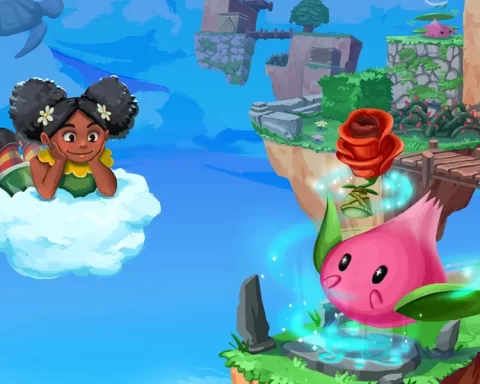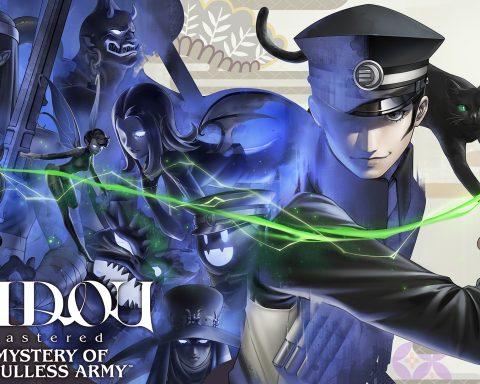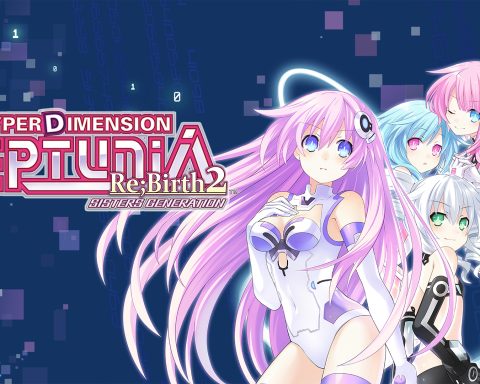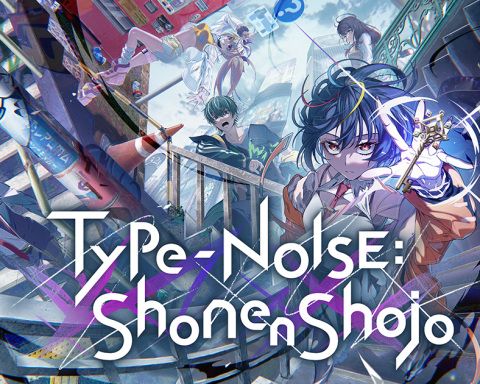It’s hard to state the significance of Essays on Empathy (reviewed here) without at least mentioning the significance of Game Jams. More than half of the games in this collection were originally created for Ludum Dare, or other time-restrictive challenges. In a Game Jam, participants are given a theme, and then are given a short period of time (often somewhere between 24 hours and seven days) to produce a finished project. Pre-made assets such as sound effects and graphics are allowed but, in some cases, discouraged, while use of prior code is seen as against the spirit of the jam. The goal is to let the unpredictable theme and limited time percolate into a period of potent creativity. They fill the same space that writing competitions and essay contests might fill in the print medium: a levelling of the playing field, and a reminder to artists about the various ways we can consider a project to be “done”.
Game Jams represent the idealistic, exploratory, and – dare I say it – sustainable, side of games development. Yes, teams do often work for taxing hours each day over the course of a jam, but this is in the service of personal creative vision instead of appeasing corporate overlords. The expectation at the end is that teams produce not a polished product that will sell, but rather, a piece of game design ephemera that is entirely driven by the creative vision of its team. The creatives at Deconstructeam – the developer behind Essays on Empathy – themselves discuss this dynamic at length in their interviews.
So it’s bizarre and disheartening that in some circles, “it feels like a Game Jam title” is seen as a pejorative. Some developers like Sokpop Collective and Kitty Horrorshow have made the Game Jam ethos into a regular business practice, releasing a schedule of small but satisfying games and moving on, rather than heaving all expectation into the biggest possible game they can muster. But perhaps the nature of Game Jam titles as not being made for commercial success, results in them being relegated to a lesser pedestal. There’s always the assumption that titles produced through Game Jams will have less content, be less polished, and feel worse to play, even when there are plenty of examples to prove otherwise.
Other creative mediums, especially those more connected to the Internet, are grappling with similar problems. While it’s not uncommon for a beginning novelist to get their name out by publishing short stories in literary journals, it’s always going to be the full novel rather than the short which earns the lasting fame and the sustainable income. In the same way, film directors often start out with music videos and shorts – and while both have their place on the award night stage, everyone’s got their eyes fixed on who’s winning Best (Feature Length) Picture. But to focus on only the big while ignoring the small, also ignores the reality that designers need to start somewhere, and it can be hugely disheartening to new studios to choose between making small games which don’t find an audience, or to sink resources into a much larger plan and risk losing it all if the project doesn’t ship.
My proposal, starting with Essays on Empathy, is for the folks who love playing games to also fall in love with the process. Deconstructeam’s collection of curios are meritorious in their own right, but had their collection included rougher curios and tech demos, we should be just as happy to give them a peruse. We need to see something valuable in this side of game design – in the small acts of labour which are still worthwhile, rather than only spending our dollars for the most polished and well-marketed finished products.
Essays on Empathy itself presents a fantastic argument for this. As games grow larger, and as more people add their input, it becomes more impersonal, more of a product. Players start to become callous and unfeeling, criticising every imperfection and making judgements of the developers when we’ve never truly understood their vision. By focusing instead on the small, players can empathise with not only the characters of the game they’re playing, but the human stories behind the games, too. So yes – play, and love, Essays on Empathy. But also seek out the titles that unknown developers would otherwise have discarded. Find value in the games which don’t win awards. And let’s meet again in a few years, thoroughly refreshed, with everyone having played an entirely different set of games to each other. This is the most optimistic vision I could have for this industry; that we might be kinder to each other, and value art regardless of its commercial appeal.
– Harvard L.

